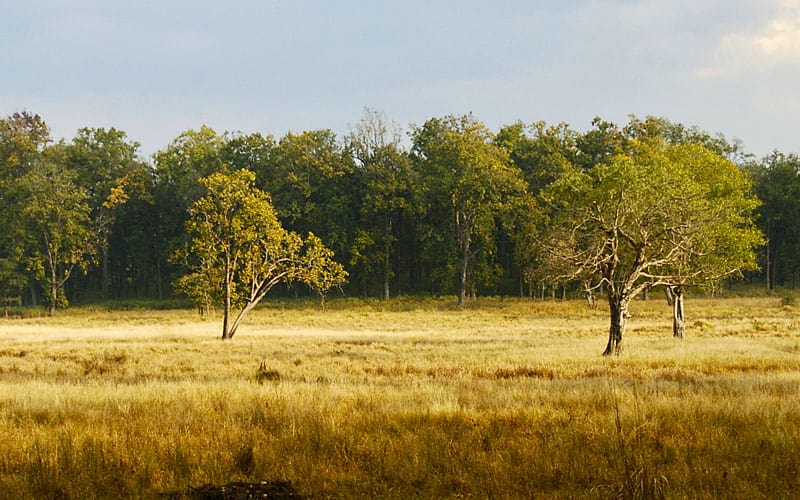RESEARCH
DISCOVERY
A Blog Devoted to UD Innovation, Excellence & Scholarship
COVID-19
Fight Back Against Loneliness
UD Assistant Prof. Lisa Jaremka, whose expertise is stress and health, offers suggestions on overcoming loneliness.
University of Delaware researcher Lisa Jaremka, whose expertise is on stress and health, says that’s something to take seriously as you work to protect yourself and others from this dangerous pandemic.
You’re almost certainly more separated — physically — from others than in the past. “Social distancing” — staying home or at least six feet from others — is a new normal for millions in an effort to curtail the spread of COVID-19, the new variant of coronavirus that has upended our lives for the time being.
Social distance has the potential to affect our immune systems in important ways if we aren’t careful. Loneliness — a sense that you are disconnected from other people or that people don’t care about you and your well-being — can deliver a gut-punch to your immune system, making you more vulnerable to illness and pathogens than you would be if you felt connected to and cared for by others.
 Prof. Lisa Jaremka
Prof. Lisa Jaremka
That’s a big deal right now, according to Jaremka, assistant professor of psychological and brain sciences, who has contributed much to the growing body of research on the immunological consequences of stress and loneliness in humans.
“Our experience of stress is intimately linked to how our immune system functions,” she said. “People experiencing more stress have greater immune dysregulation — meaning their immune system is not working as well — than people who are experiencing less stress. In theory, this means that one way to combat a virus is to be less stressed, because by doing so, it would lead to better immune function. That is easier said than done of course, but there are lots of empirically supported strategies for managing stress.”
Loneliness is a specific kind of stress. It’s not the same as being physically alone or isolated. It’s about a person’s perception of their relationships.
“Loneliness is a subjective state and is defined as feeling socially disconnected,” Jaremka said. “It is not about actual social contact with people or the number of people someone is friends with. It is about how a person feels in their relationships — do they feel connected to others or do they feel socially disconnected and lonely? A person could be surrounded by tons of people and still feel lonely. And particularly relevant to this pandemic, it is absolutely possible to practice social distancing or to self-isolate and simultaneously not feel lonely.”
Jaremka said one study she was part of showed lonelier people have more symptoms after being infected with the common cold virus than less lonely people.
“This implies that one way to combat a virus is to connect with other people to avoid feeling lonely,” she said. “And fortunately, we can do that even if we cannot have in-person contact with others.”
In addition to the cold-symptoms study, her research also shows that loneliness is linked to: immune dysregulation, pain, depression, fatigue, reduced cognitive function, more ghrelin (a hormone linked to hunger) and an increase in self-reported food intake. Other researchers have shown that loneliness is also linked to premature mortality, high blood pressure and worse sleep quality.
“The link between loneliness and health is pretty significant, rivaling things like smoking and inactivity,” she said. “So we need to be proactive to not become lonely while practicing social distancing. Otherwise we will have a different public health crisis on our hands down the road – dealing with the negative health consequences of loneliness.”
There are remedies and practical steps to consider, Jaremka said.
“It is possible to practice social distancing and not feel lonely if people actively connect with others in different ways,” she said. “So the act of social distancing itself isn’t what would affect us immunologically, it is how we feel about our connection to other people while we are social distancing that matters.”
Jaremka said social distancing, social isolation and loneliness are three different things.
“Social distancing is about putting physical distance between you and another person. But you can still practice social distancing and have contact with other people — at a farther physical distance or virtually,” she said. “Social isolation occurs when you have absolutely no contact with other people whatsoever. This would be akin to being in solitary confinement in prison — where you are essentially not speaking to or interacting with anyone. Loneliness is all about how a person feels. So someone could even practice extreme social distancing, like becoming a hermit in the woods, and not feel lonely if they feel close and connected to other people by knowing that other people care about them and vice versa.”
If someone feels noticeably more lonely or disconnected than usual and those feelings interfere with the ability to do normal daily activities — basic hygiene, cooking, cleaning, etc. — take that seriously.
“If we reduce loneliness our immune systems should function better,” she said.





